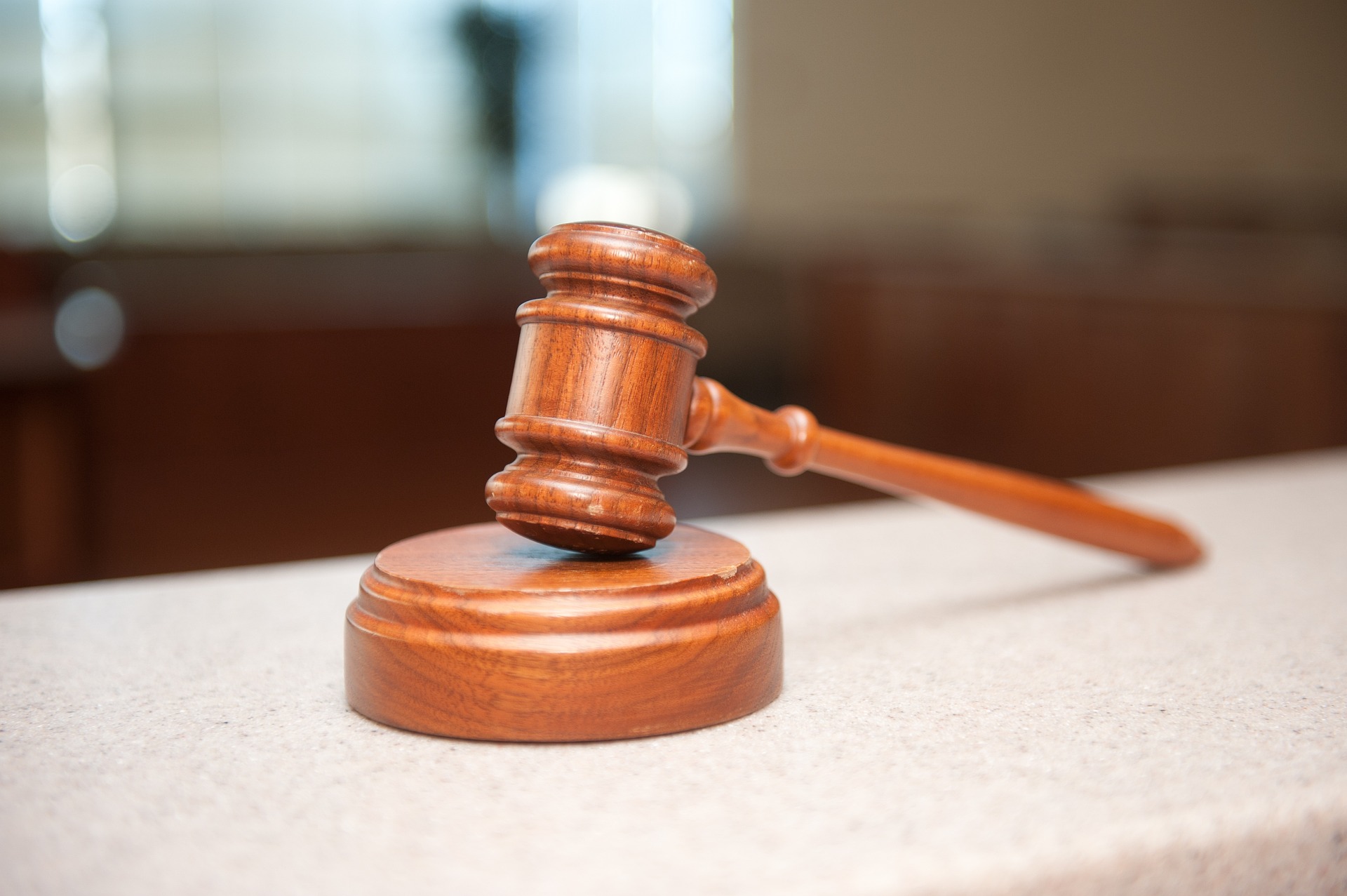Analyzing the Recent Amendments to the USA Patriot Act: Impacts and Implications
The repercussions of a post 9/11 world have created a complex landscape of laws and policies designed to counteract terrorism. One such piece of legislation is the USA Patriot Act. First introduced in 2001, this Act has gone through several changes over the years and is now more relevant than ever.

The Genesis of this Act
Born out of the ashes of the horrific 9/11 terrorist attacks, the USA Patriot Act— an acronym for Uniting and Strengthening America by Providing Appropriate Tools Required to Intercept and Obstruct Terrorism Act— aimed to strengthen U.S. defenses against future terrorist threats. Its provisions allowed expanded surveillance, enhanced information sharing between agencies, and robust immigration scrutiny. Nonetheless, it soon began garnering criticism for potentially infringing upon citizens’ privacy and civil liberties.
Transformations Over Time
Amidst debates around national security and individual liberty, the Patriot Act saw several amendments. One such modification came in the form of the USA Freedom Act of 2015, which aimed to limit the government’s sweeping surveillance capabilities. It discontinued the bulk collection of phone metadata and imposed more stringent oversight on intelligence agencies.
However, 2020 brought forward yet another set of critical amendments to the Patriot Act through the USA Patriot Act Reauthorization Bill. Congress passed this bill amidst the escalating COVID-19 pandemic, and it largely escaped public scrutiny.
Recent Changes and Their Meanings
Among the most controversial changes in the Latest Reauthorization Bill is the strengthening of surveillance provisions. The new measures allow FBI warrantless access to American citizens’ internet browsing history and search information.
Opponents argue that these changes could lead to privacy violations on an unprecedented scale, reminiscent of the criticism that the original Patriot Act faced. Supporters, however, highlight the importance of such measures to counter terrorism and domestic threats effectively— a debate echoing the political and societal divides of recent years.
Social and Legal Implications
The expansion of surveillance powers presents a set of profound implications. First, the diminished barrier between intelligence agencies and personal online data threatens perceived and actual digital privacy. Moreover, it could potentially stifle free thought and free speech, out of fear of undue scrutiny.
These concerns are not merely hypothetical. The aftermath of the original Patriot Act saw countless cases where the act’s loosely defined terms were manipulated—resulting in harassment, detention, or deportation of thousands of people. These past mistakes raise concerns about similar overreach in the future.
Looking Forward
As this new normal of heightened online scrutiny takes shape, it has left some citizens feeling nervous and others feeling safer. National security and individual privacy, it turns out, continue to be uneasy bedfellows. It remains to be seen how these newer provisions of the Patriot Act will be interpreted, implemented, and adjudicated.
Nonetheless, in this twenty-first-century digital age— where personal, economic, and national security matters are increasingly intertwined— the only certain thing is that the line between national security interests and personal privacy will continue to be tested, redrawn, and debated. In the end, the challenge remains that of balancing freedom with security— a task that is easier said than done.




